Frederica Freyberg:
Just as people were wrapping their heads around the UW System turning into a public authority as a way to mitigate the more than $300 million in budget cuts, legislative leaders are now saying that’s off the table, but the full cuts could well still be imposed. We should say here that WPT is part of the University. The UW Board of Regents is charged with running the System and await the full budget picture. Our next guest is just finishing his tenure as a Regent and joins us with his thoughts. David Walsh was appointed in 2003. What is your reaction to the state revenue numbers this week that are being called flat and word that the majority leadership is saying they would have liked to have reduced these cuts to the university but now they’re not so sure?
David Walsh:
Well, I’m not surprised about the numbers, but then we never really knew. And as to the promises of what they wanted to do, you can only ask that behind closed doors. But the simple fact is that a $300 million cut and the tuition freeze is a crisis. And even if they had adjusted or will adjust it $5, $10, $50, $75 million, it’s still a crisis. This is not a good time for the university system.
Frederica Freyberg:
I heard you at a Regent’s meetings saying if the university managed to reduce this cut to $250 million, that won’t be a good thing?
David Walsh:
I said we shouldn’t declare victory at $200 million and I would say that again.
Frederica Freyberg:
Do you think there’s any expectation at this point that any of it will be produced?
David Walsh:
I don’t know. I really don’t. I do think genuinely they would like to, but, you know, this is all about consequences from choices and the choices that they’ve made. They made the choice to cut a billion dollars in manufacturing tax. They made a choice not to take medicaid. You make those choices, it makes it pretty hard for the rest of us.
Frederica Freyberg:
You have been a Regent for a long time. There have been cuts over the years, from this administration and others. Have you ever seen it to this point?
David Walsh:
No. No. The biggest other cut was in 2003. Governor Doyle came to the Regents, the leader Smith, Jay Smith and Kathryn Lyle, and they kind of struck a deal, but they certainly discussed it first. They cut the base budget $250 million, but backfilled it with tuition, because we were the second lowest with Iowa in the Big Ten. It was really just an adjustment. So the cut wasn’t the kind of cut we’re talking now, because we’re talking about freezing tuition for the fourth year.
Frederica Freyberg:
The public authority apparently is not favored by GOP leaders. What is your opinion of the system being run as a public authority?
David Walsh:
I think that would be a huge mistake. It’s a platform for foolishness. The public authority was more of a ruse to say we’ll give you the public authority and that’s the quid pro quo of the cut. That would not have saved us any money at all and in fact would have cost us $34 million in what we would have lost by being a public authority. The public authority is dead and it should be.
Frederica Freyberg:
So the public authority is dead and in your mind should be, but then there’s no more quid pro quo in terms of managing the cuts.
David Walsh:
You don’t need a public authority to have the flexibilities we’re asking for. And it’s that simple. All you have to do is amend the chapter with which we operate under chapter 36. Everyone knows that.
Frederica Freyberg:
Let me read a statement that we got today from the Republican JFC co-chair, John Nygren. He says, At this time conversations concerning the UW system are ongoing. It is our goal to work together with the system to come up with a plan that will maintain the high standards of our state’s universities, while making common sense efficiencies that benefit Wisconsin students. What do you think of that?
David Walsh:
Those are words. That’s all they are. The real issue is the $300 million cut. We ought to start dealing with that instead of talking about flexibilities. The flexibilities they talk about would save us maybe $12 million and we can procure toilet paper cheaper? The bottom line is our base budget and tuition. We don’t have sufficient funds for instructional needs. I do trust that they’ll do whatever they can. I don’t think anybody’s out to hurt the university. But the choices they made earlier is what’s causing this problem. They ought to deal with those choices. For instance, they ought to hold back the tax cut, the manufacturing tax cut. They should consider taking medicaid funds. That’s the real base root to this problem.
Frederica Freyberg:
Because you call it a crisis. There are plenty of people out there who suggest that given the university’s reserves and given, you know, some of the professors’ work schedules, that there’s fat.
David Walsh:
Oh, there’s no doubt that there are some other issues we can deal, but you do that in a constructive dialogue. Talking about the reserves, the reserves is nothing more than day’s cash on hand, operating funds to run your operation. 66% of our instructional costs come from tuition. We had a tuition reserve, which is now down to about $150 million. There isn’t a business in this state and there’s no accountant that would suggest that you shouldn’t have adequate reserves to run your business for at least two months. And that’s all we had.
Frederica Freyberg:
Now, I read that ray cross is saying I’ll spend down the reserves.
David Walsh:
Well, there’s still some reserves left. If you want to spend down your piggyback. That’s just not good business. That’s not a message you want to send to people who are considering coming to this institution or to working here.
Frederica Freyberg:
Let me ask about tenure. Where do you think that will stand now in the midst of all of this?
David Walsh:
I was surprised they wanted to examine tenure. It’s always a subject people should look at. But it sends the wrong message at the same time you’re suggesting you’re going to lay off people or you have to lay off people. And there certainly won’t be any wage increases. But tenure isn’t so sacred that we can’t talk about it.
Frederica Freyberg:
David Walsh, thanks very much.
David Walsh:
Thank you.
Search Episodes

Donate to sign up. Activate and sign in to Passport. It's that easy to help PBS Wisconsin serve your community through media that educates, inspires, and entertains.
Make your membership gift today
Only for new users: Activate Passport using your code or email address
Already a member?
Look up my account
Need some help? Go to FAQ or visit PBS Passport Help
Need help accessing PBS Wisconsin anywhere?

Online Access | Platform & Device Access | Cable or Satellite Access | Over-The-Air Access
Visit Access Guide
Need help accessing PBS Wisconsin anywhere?

Visit Our
Live TV Access Guide
Online AccessPlatform & Device Access
Cable or Satellite Access
Over-The-Air Access
Visit Access Guide
 Passport
Passport





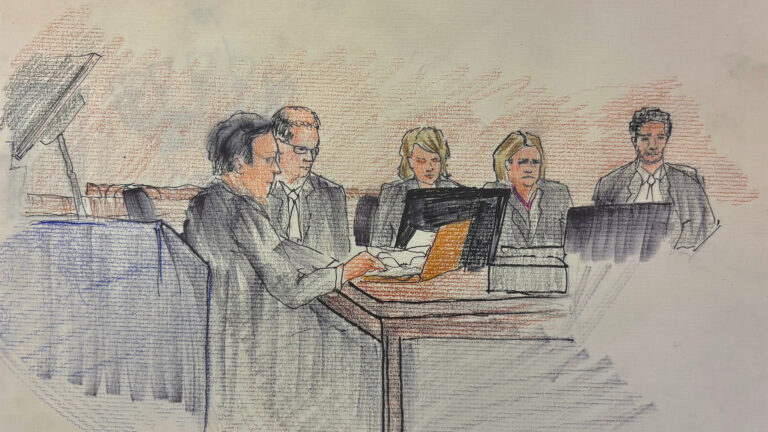
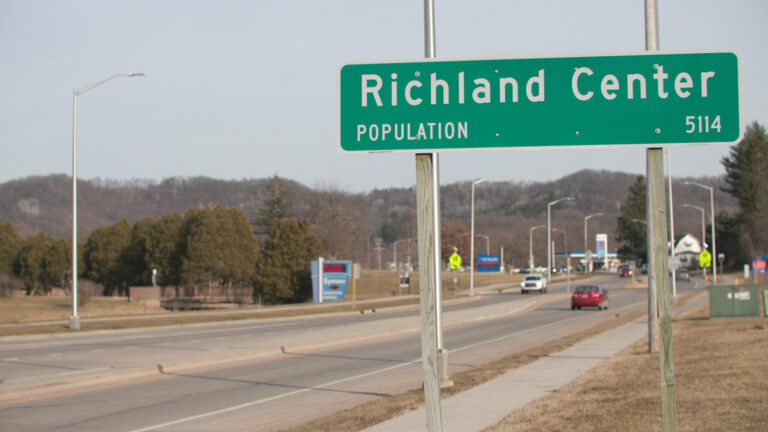
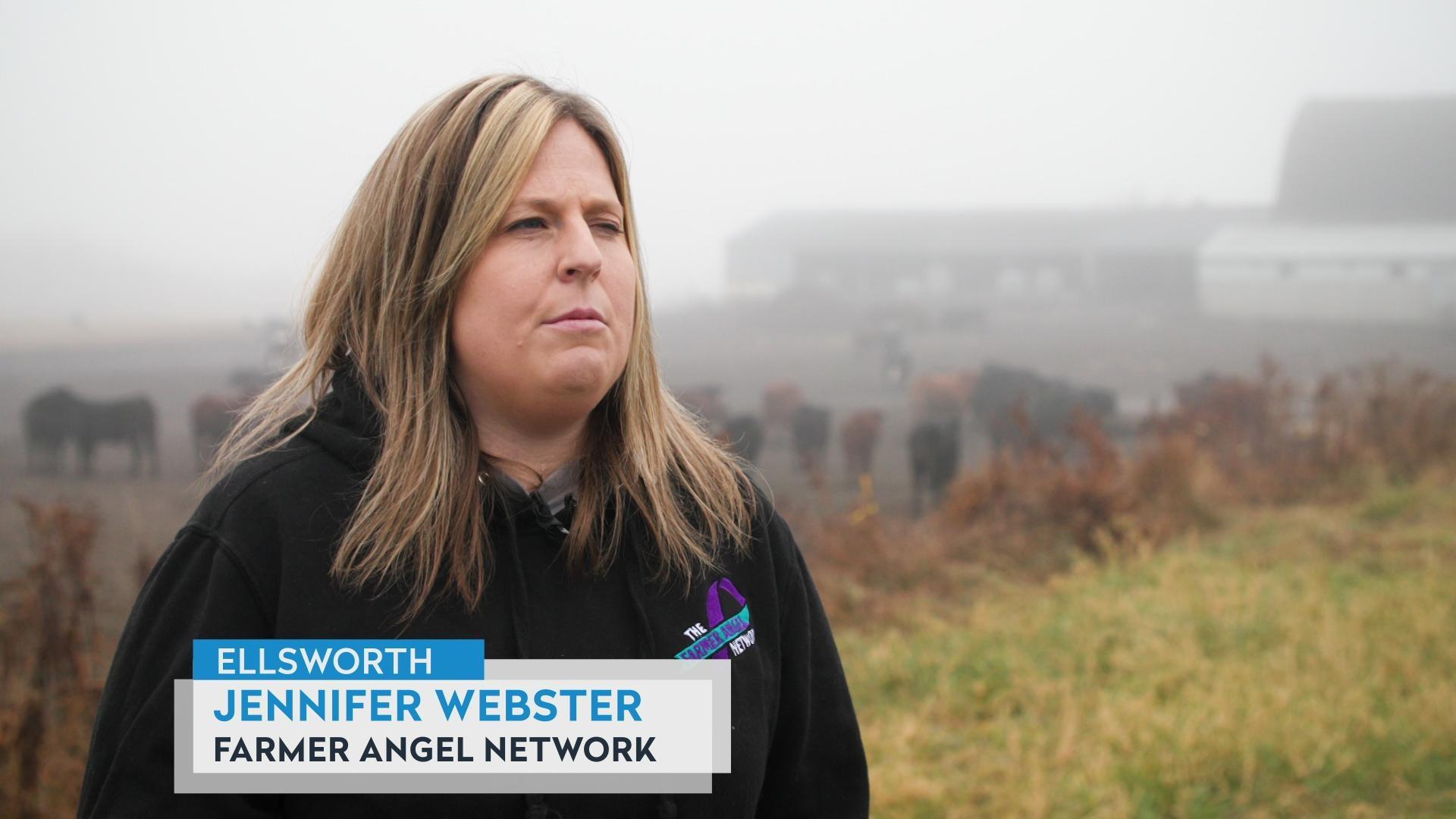
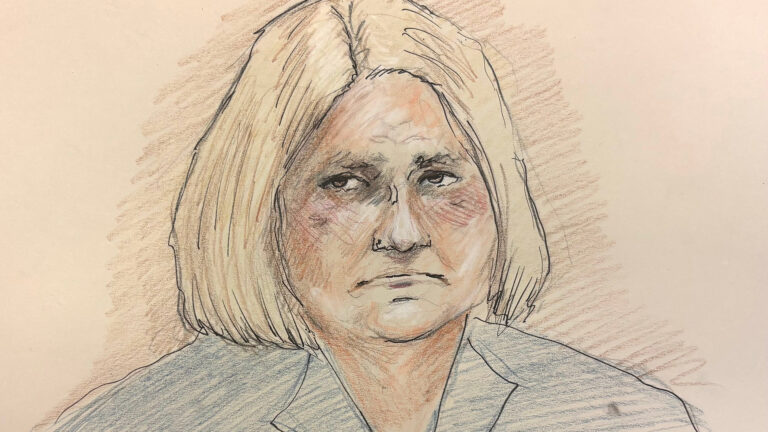
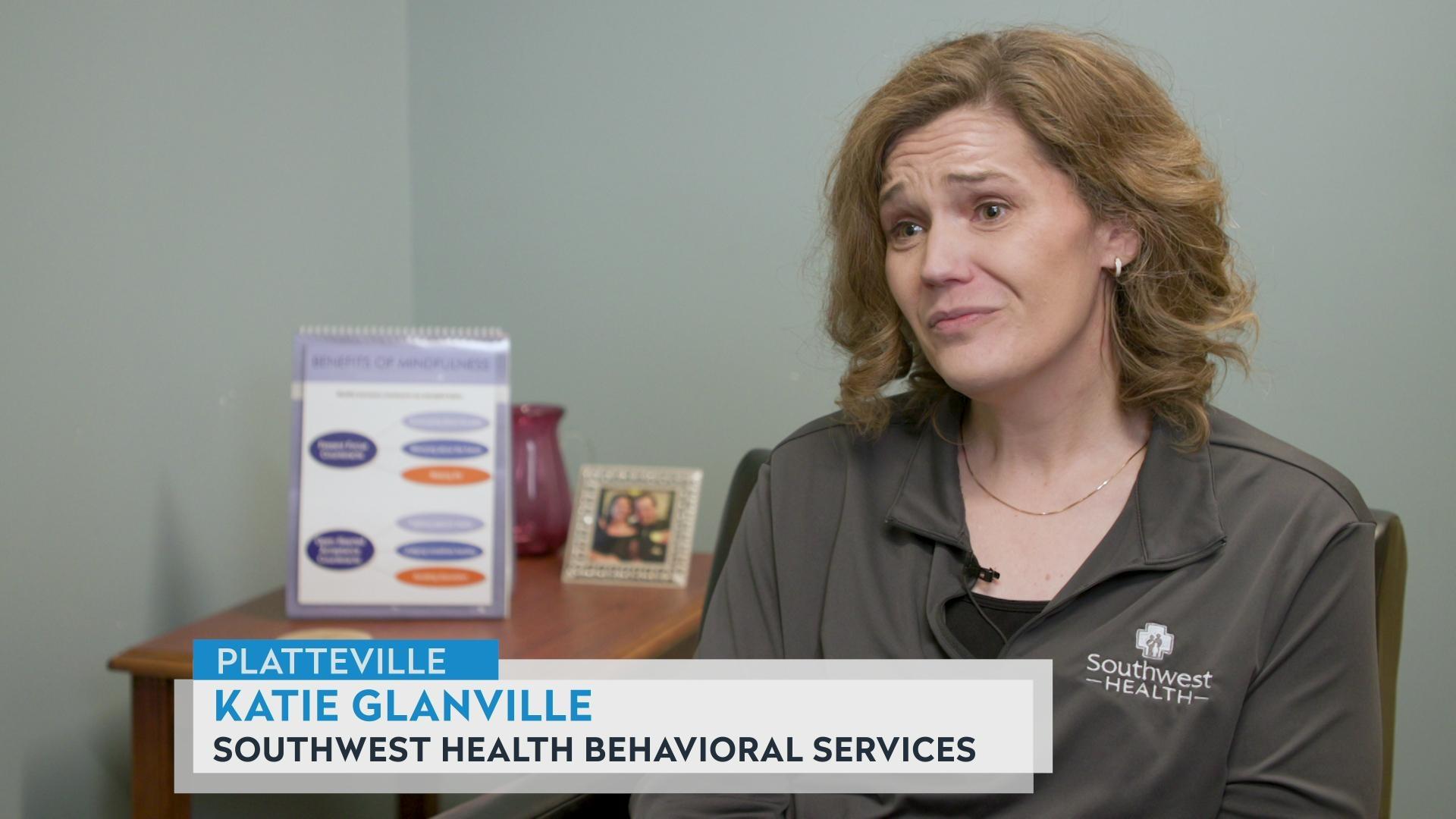






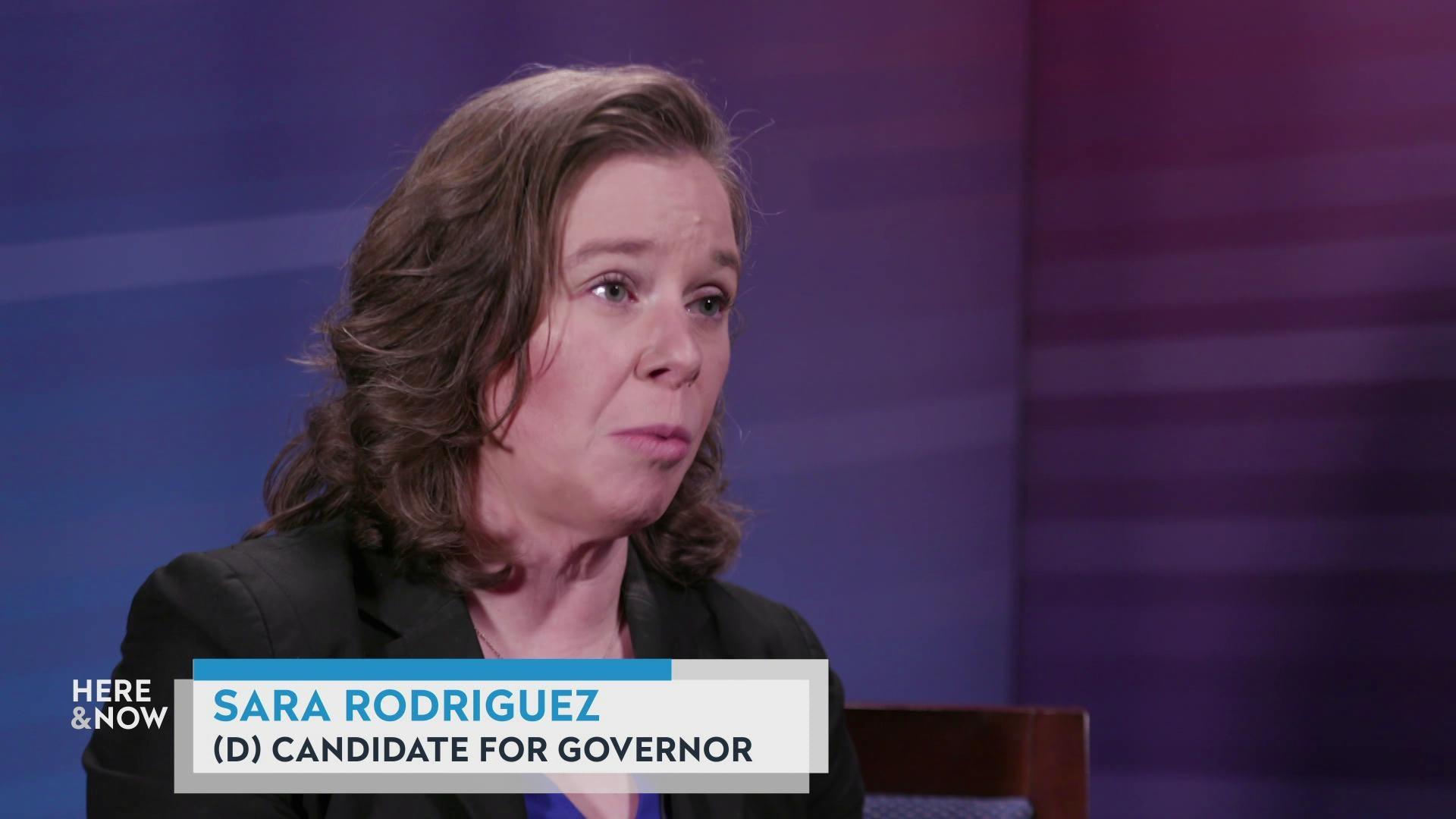

Follow Us